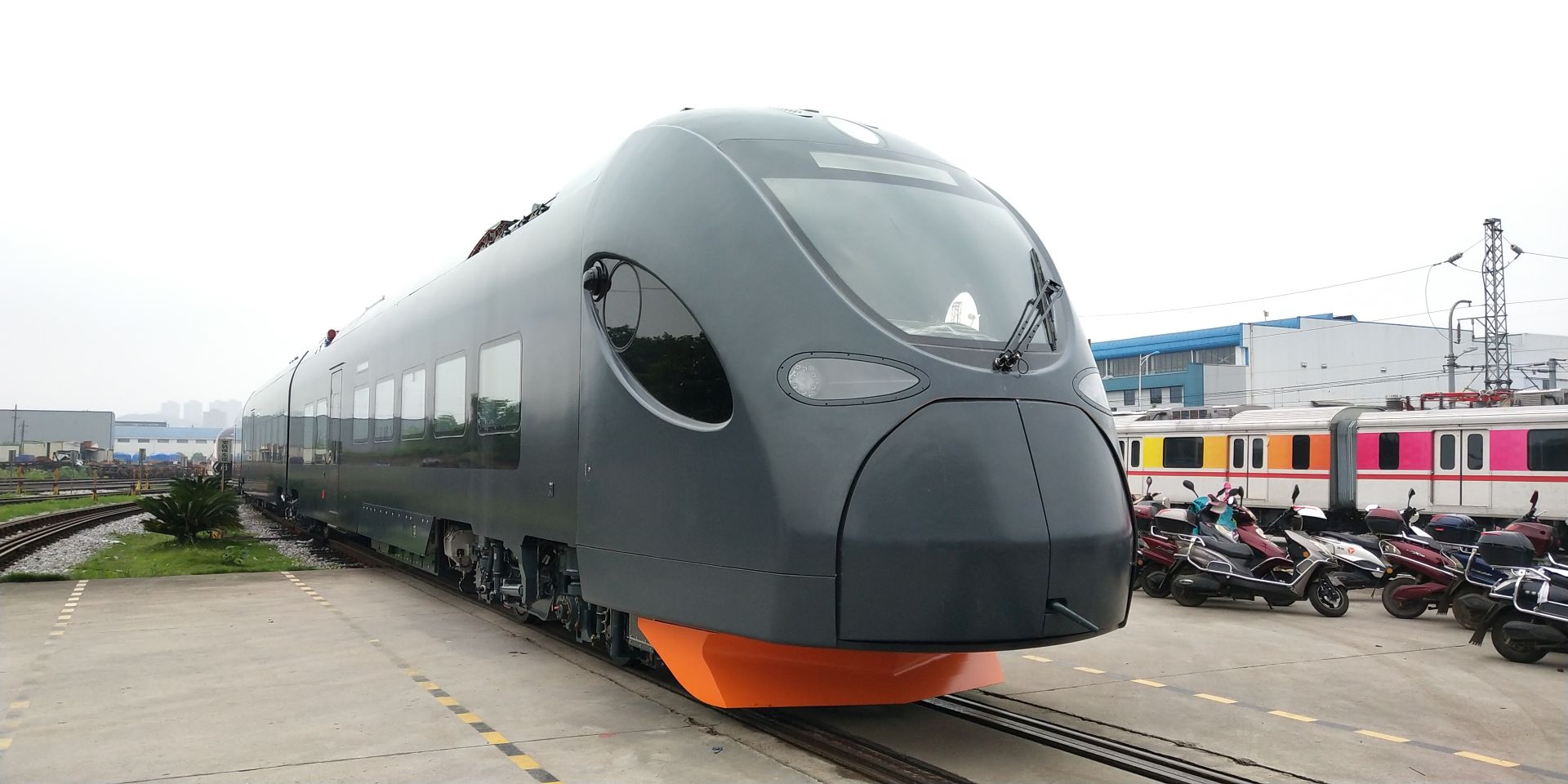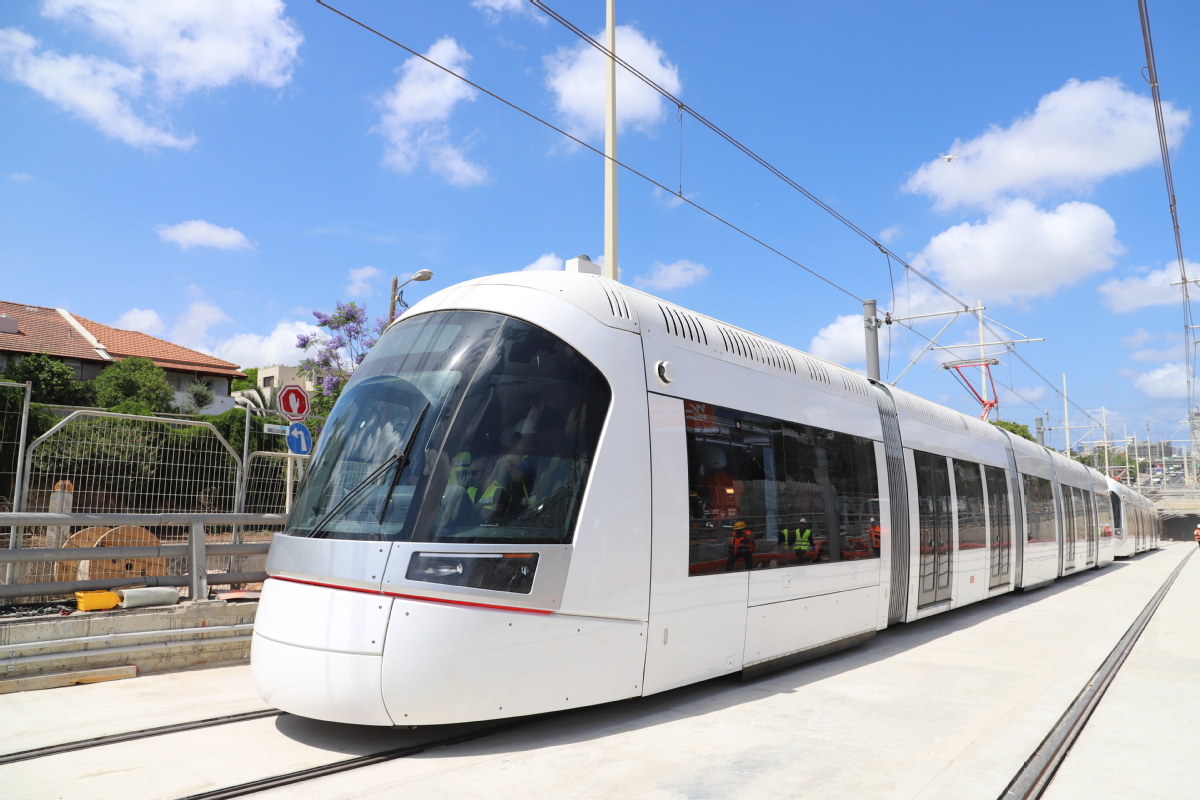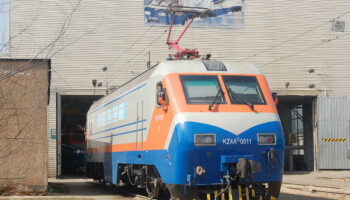Since the beginning of the year, the company has failed to win the contracts to supply almost 200 trams to Israel and 20 trains to Romania. In addition, CRRC has lost a contract to supply up to 33 trains to the Czech Republic and risks losing an order for 216 subway cars for India.
Thus, this winter in Israel, the manufacturer was beaten by CAF and Alstom in tenders for the development and operation of tram systems in Tel Aviv. CAF received a $525 mln order from the NTA city transport project manager for the supply and maintenance of 98 Urbos trams for the Purple Line. Alstom also got an order for 98 Citadis X05 trams for the Green Line worth €858 mln (both contracts also include additional services – creation of signaling systems, infrastructure, etc.). CRRC also submitted applications as part of consortiums, moreover in the competition for the Green Line, the offer was €310 mln lower than the others.
It is worth noting that before that, CRRC won in Tel Aviv: the contract for the supply of 90 trams (+ an option for 30 vehicles) was signed in 2015, and in October 2021 the first tram made its opening test ride. Officially, the NTA rejected proposals for new projects from consortiums involving CRRC as “illogical” due to low price. In response to that, in April, the consortium filed a lawsuit against the Israeli government in a Tel Aviv court, arguing that the decision was based on pressure from the United States, which has forbidden state funding to purchases rolling stock from Chinese manufacturers since early 2020 due to cybersecurity threats.
 First CRRC Sirius EMU for Leo Express. Source: Leo Express
First CRRC Sirius EMU for Leo Express. Source: Leo Express
It is also difficult for CRRC to enter the electric trains market in the EU. In March, after litigations, the contract in Romania to supply of 20 six-car interregional electric trains turned from CRRC to Alstom. A more harmful blow CRRC received at the end of April in the Czech Republic: according to Zdopravy.cz, the Leo Express operator terminated the 2016 contract for the supply of 3 six-car Sirius EMUs with an option for other 30 trains. The rolling stock has been undergoing certification procedures since 2019, but it has not yet been completed. It is worth noting that the termination of the transaction occurred six months after the controlling stake in Leo Express was acquired by the national Spanish operator Renfe, and 5% of the shares were indirectly bought by CAF. However, despite the cancellation of the contract, CRRC intends to continue certification trials.
Sirius electric train tests in Velim, Czech Republic
The future of another contract in India also remains unclear. In December 2019, CRRC was awarded by Bangalore Metro a $240 mln contract for the supply of 216 metro cars. Under the terms of the deal, 24 cars were to be produced in China, another part – at a specially created plant in Sri City, India. However, as IRJ reported in February, delivery of the first batch of trains scheduled for June has been delayed indefinitely due to CRRC’s failure to set up a manufacturing site in India. At the end of April, Bangalore Metro published a new tender to deliver 72 metro cars. Anjum Parvez, the managing director of Bengaluru Metro Rail Corp. (BMRCL), said that the new procurement is a fallback in case CRRC will be unable to deliver the cars. The Chinese manufacturer is given other two months to do this, after that time a lawsuit can be initiated against the company.
CRRC’s problems in attracting new export contracts were confirmed in the manufacturer’s 2021 financial report. Even against the backdrop of a domestic demand decline, the foreign contracts share of manufacturer’s new orders turned out to be the lowest for 3 years.













